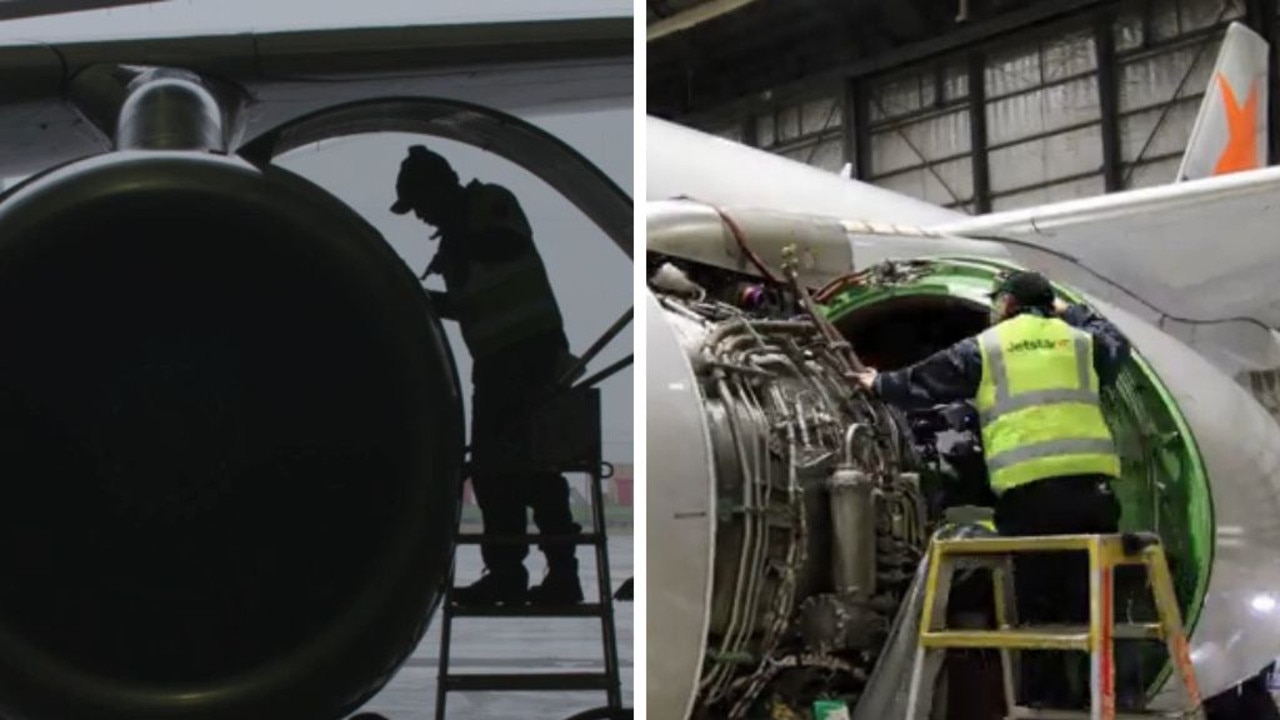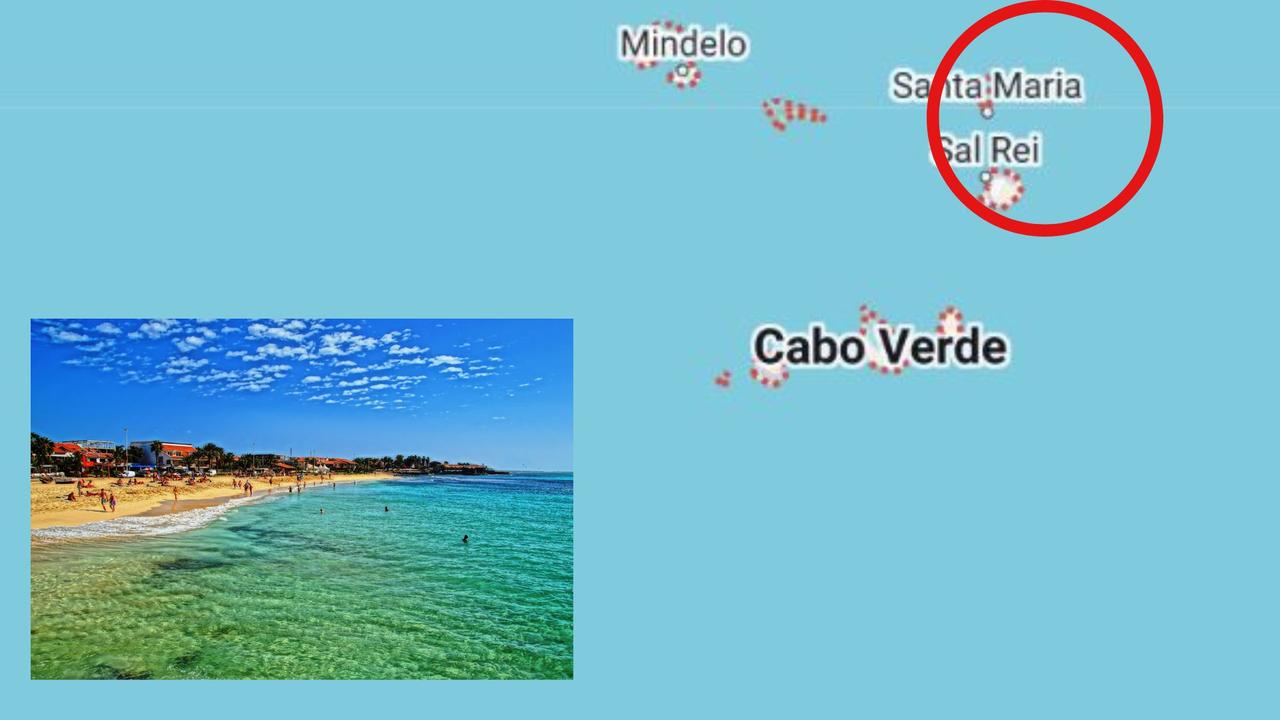Coronavirus: What to do if you booked a trip to Italy in 2020
As the whole of Italy goes into lockdown over a coronavirus outbreak, Aussies have been told not to travel to parts of the nation.

As Italy officially goes into lockdown over the coronavirus outbreak, tourists have been left wondering whether they should go or how they can even leave the country.
Australians are now being advised by the government not to travel to several regions and to reconsider your need to travel to the country as a whole.
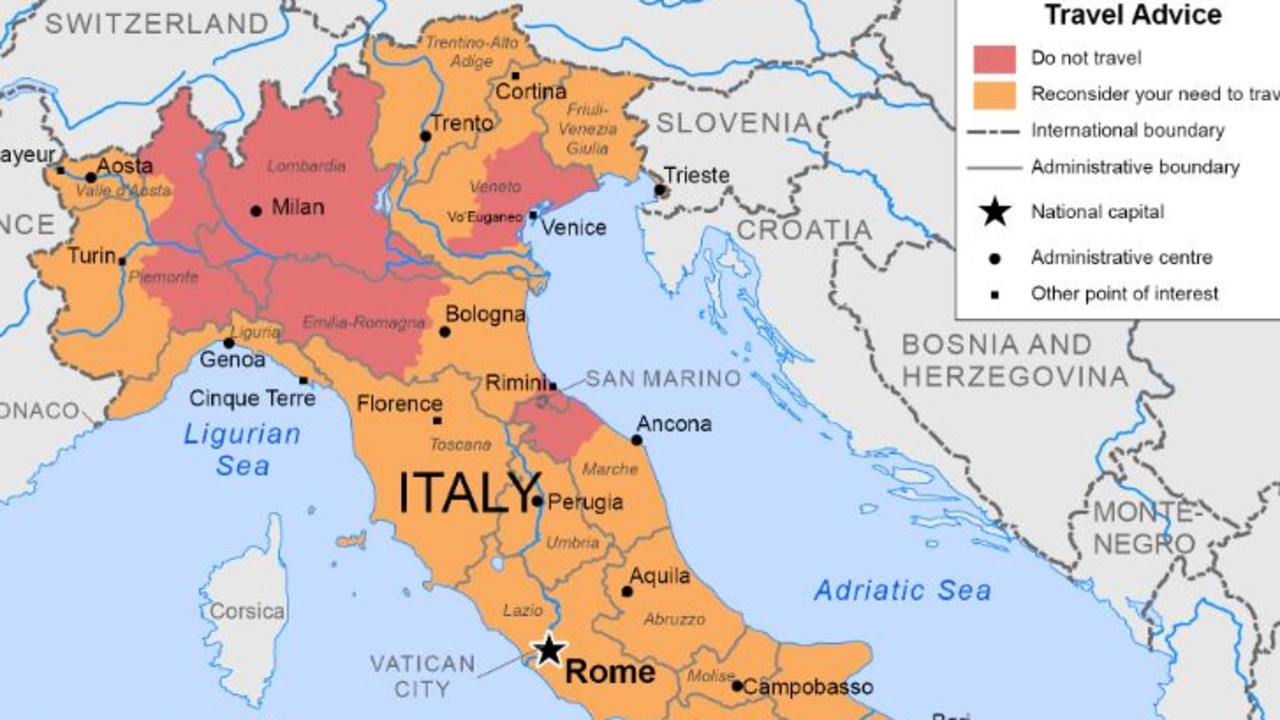
Currently, the Smartraveller website says Australians should reconsider the need to travel to Italy.
“We recommend you do not travel to Lombardy and other northern provinces – this includes Milan and Venice,” it advises.
#Italy has extended measures to restrict the spread of #COVID19. We now advise you to reconsider your need to travel to Italy. We recommend you do not travel to Lombardy & other northern provinces – this includes Milan & Venice. #Subscribe for updates https://t.co/aXLVVkk3g0
— Smartraveller (@Smartraveller) March 10, 2020
“Non-essential movement is limited, schools and universities are closed and all public gatherings and sports activities are cancelled. If you decide to stay in Italy, follow the advice of local authorities. You can still enter and leave Italy if you need to. Airports are open, but expect travel disruptions.”
On Monday, Italy’s Prime Minister Giuseppe Conte announced that he was expanding restrictions on travel to cover the entire country in an unprecedented peacetime move to try to stop the spread of coronavirus. The move was in response to the country’s death toll jumping by 97 in a single day.
He said the new government decree would require the country’s 60 million residents to meet a set of criteria – such as a need to work or health conditions – in order to travel outside of where they live.
But what does the lockdown mean for the millions of holiday-makers who travel to the country each year – especially over the spring and summer periods?
RELATED: News.com.au’s full coronavirus coverage
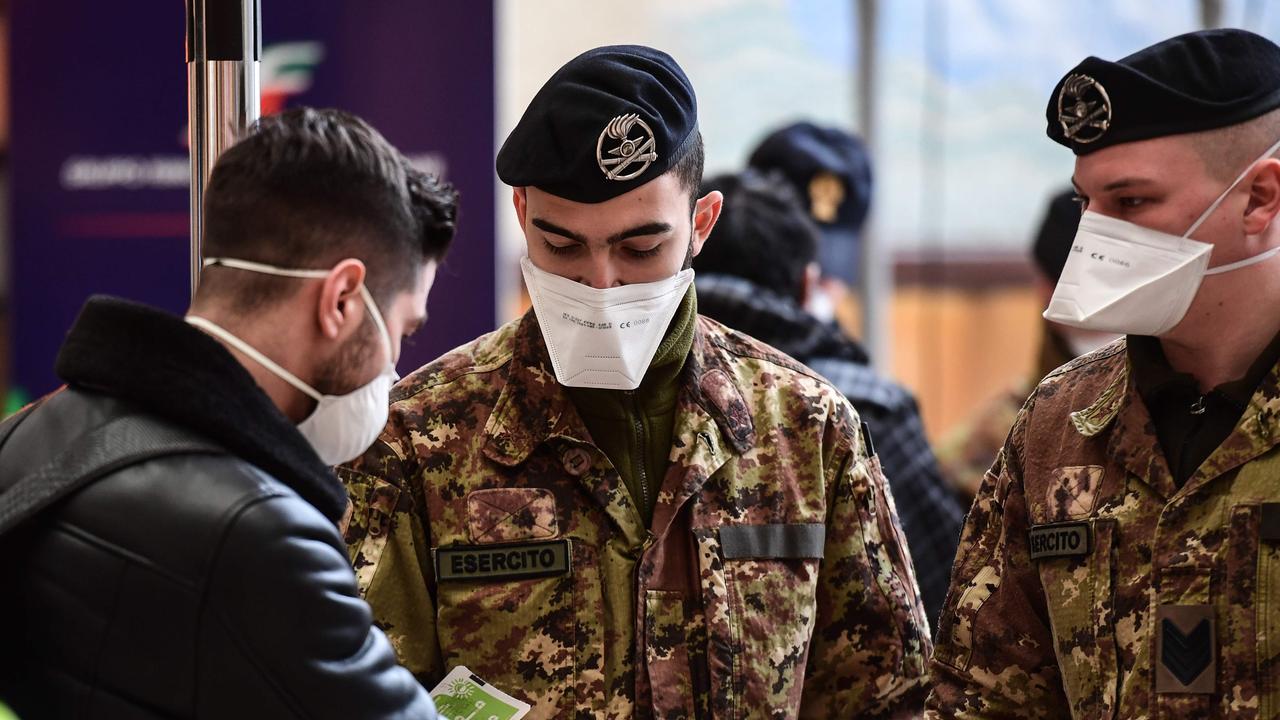
RELATED: How Italy’s lockdown impacts Vatican City
WHAT IS THE SITUATION IN NORTHERN ITALY?
Across the country, museums and archaeological sites have been closed down, weddings cancelled and even restaurants and cafes have been ordered to close at dusk, meaning they can only be open from 6am to 6pm daily.
Italian officials have ordered ski lifts across the country to close, as the countrywide ban takes hold from Tuesday and will last until April 3, 2020.
All sporting events, including Serie A, the nation’s top soccer league, have also been suspended. Schools and universities will also remain closed as part of the measures, while people have been banned from meeting up for a drink at night.
RELATED: Cruise passengers fight for ‘rotten food’ on board ship
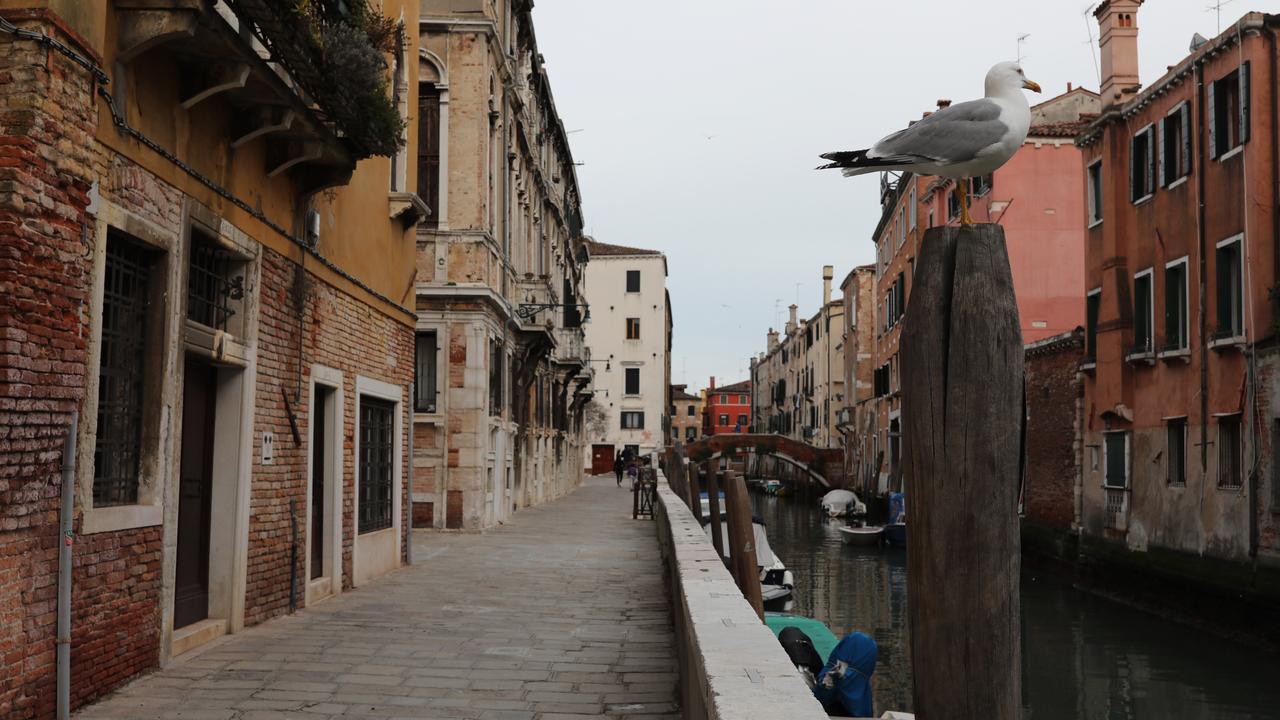
Italy is now one of the worst afflicted globally for the coronavirus. Only China and Iran have had more deaths, with the current Italian death toll sitting at 463.
The draft decree says those who violate the restrictions could be punished by a fine of 206 euros ($A350) and jailed for up to three months.
The ban includes the closing of museums, gyms, schools, universities and ski resorts.
WILL THE BAN APPLY TO TOURISTS?
The UK has amended its travel advice to recommend against all but essential travel to Italy.
Despite travel restrictions for Italians, planes continue to fly passengers between the country and the UK.
The lockdown will take a serious toll on tourists, who are unquestionably feeling vulnerable and concerned over their safety.
RELATED: Inside Europe’s creepy coronavirus ghost flights
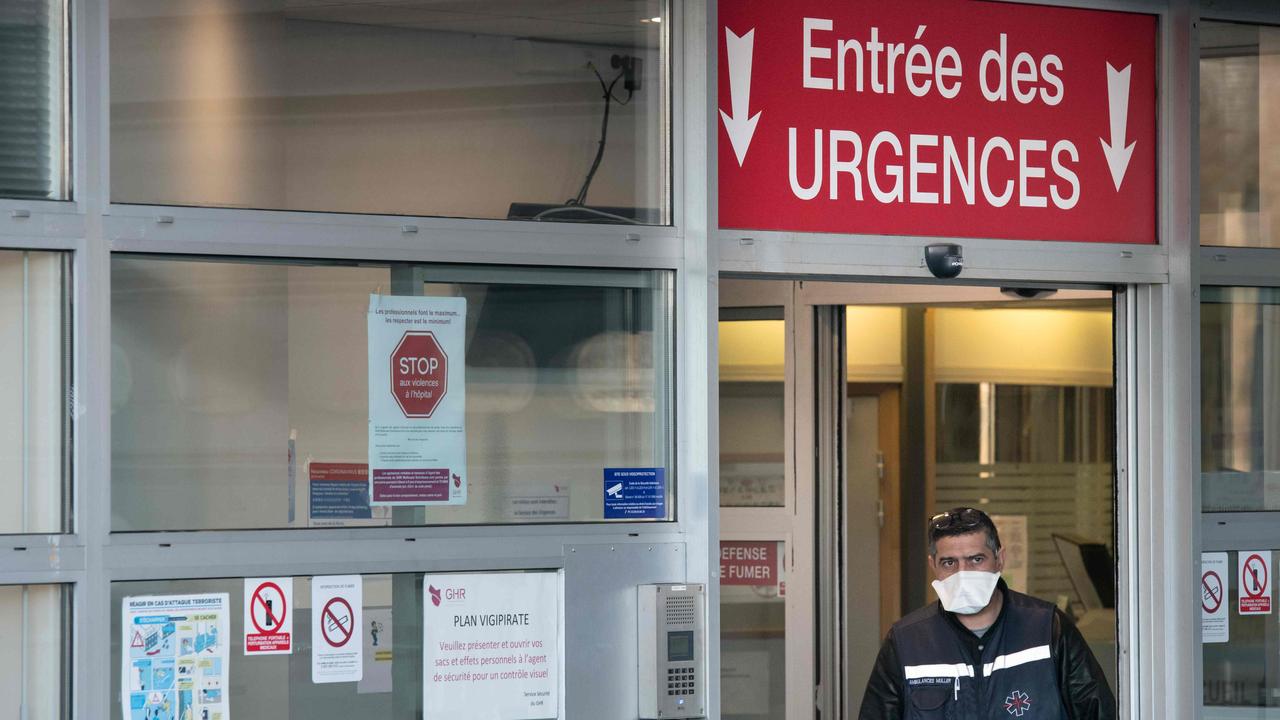
RELATED: Should I cancel my travel plans?
Natalie Ball, from compareinsurance.com.au, says since the initial outbreak in Wuhan, the travel advice levels have been raised for six countries, including Italy.
“Australians, particularly those with underlying health concerns, should reconsider travelling to Italy at this time,” she advised.
While the whole of Italy is now in lockdown, the Department of Foreign Affairs and Trade is only advising Australian travellers to reconsider their need to travel to the region of Lombardia (Lombardy) and provinces of Modena, Parma, Piacenza, Reggio nell’Emilia, Rimini, Pesaro and Urbino, Alessandria, Asti, Novara, Verbano-Cusio-Ossola, Vercelli, Padova, Treviso, and Venezia. This includes the cities of Milan and Venice.
News.com.au has contacted DFAT for its updated advice given the new restrictions.
#Italy: We now advise you to 'reconsider your need to travel' to the region of #Lombardy, and fourteen provinces due to the ongoing outbreak of #COVID-19. Read/subscribe to our travel advice for more: https://t.co/aXLVVkk3g0
— Smartraveller (@Smartraveller) March 9, 2020
WILL I BE COVERED FOR MY TRIP TO ITALY IF I STILL GO?
Ms Ball advises that for those who have not yet bought travel insurance for an upcoming trip to Italy, it may be too late to buy cover for COVID-19 given the well-publicised nature of the outbreak.
“We’ve been inundated with calls with the majority of travellers wanting to know if they’d be covered for cancellation,” Ms Ball said.
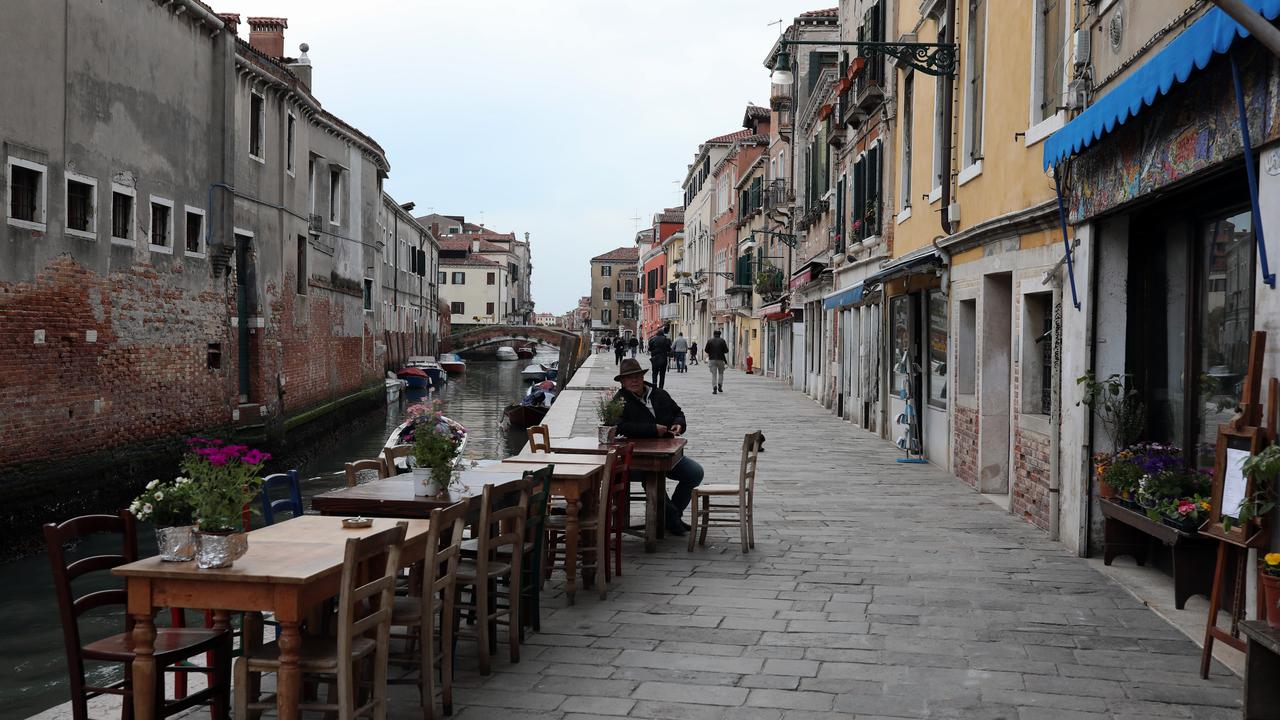
“The reality is the majority of travel insurers have exclusions that relate to epidemics, pandemics and the likely threat of an infectious disease. Regardless of these exclusions, there is unlikely to be cover for cancellation claims that relate to events known at the time of purchasing a policy.
“With the international travel scene thrown into chaos, there are a fair number of Aussies trying to make decisions on where to travel right now. There are currently some clearer-cut situations in which travelling abroad is not advisable and rescheduling or cancelling makes sense.
“The first thing travellers should do is check to see if where you will be going has any raised travel advisories with smarttraveller.com.au.”
WHAT DO I DO ABOUT FLIGHTS?
Ms Ball advises travellers to contact their airline for information of their outgoing flights and subscribe to Smartraveller for the most up-to-date information as it evolves.
“Many travel service providers are offering penalty-free options for customers to amend or cancel their travel arrangements due to coronavirus. Check to see what you are entitled to before contacting your insurer,” she said.
WHERE IN EUROPE CAN I TRAVEL?
Ms Ball notes that while travellers are not banned from travelling to Europe overall, they are encouraged to use enhanced safety precautions and stay abreast of government advisories.
As a result, Ms Ball says travellers should check their insurance and use caution when booking their holidays upfront.
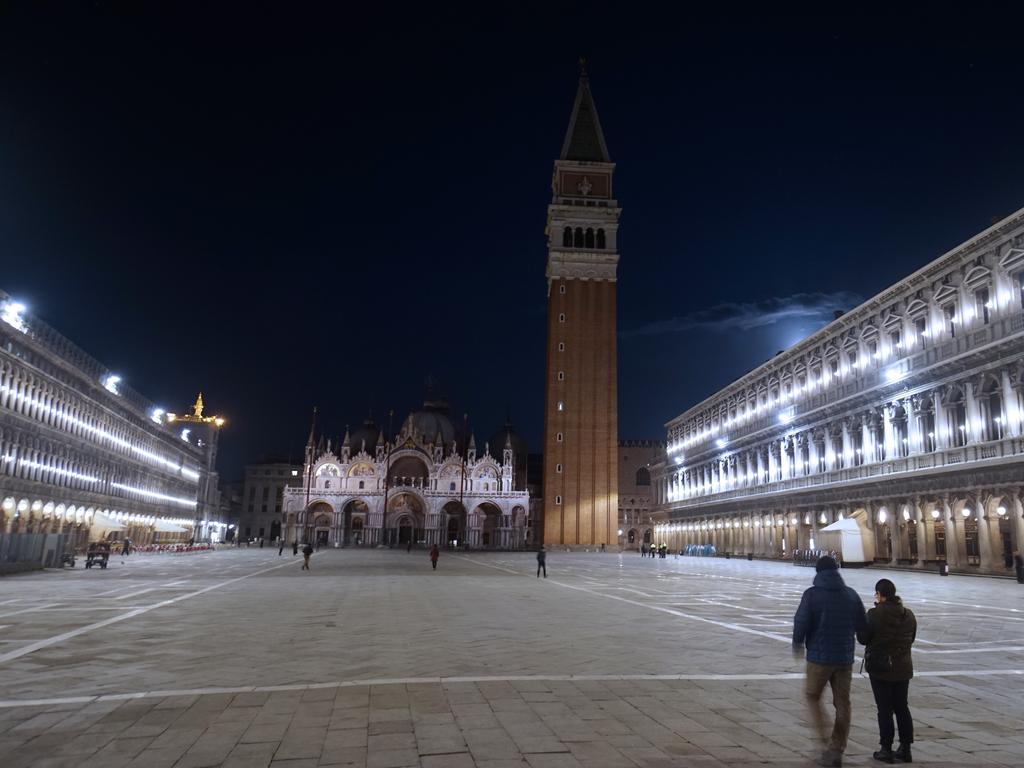
“If you’re unsure about any upcoming travel plans, do your due diligence and check your insurer’s fine print to ensure what’s covered under your policy,” she said.
“See if you can postpone any travel dates and invest in refundable, flexible tickets. And always check DFAT’s travel advisories before moving forward.”
Ms Ball says travellers may be able to recoup costs through their bank or credit card via a chargeback if not provided with services paid for.
Lastly, Ms Ball advises, “As the situation is constantly evolving, it’s a good idea when making new travel bookings to be prepared for change and stick with airlines that have more flexible cancellation and change policies.”


